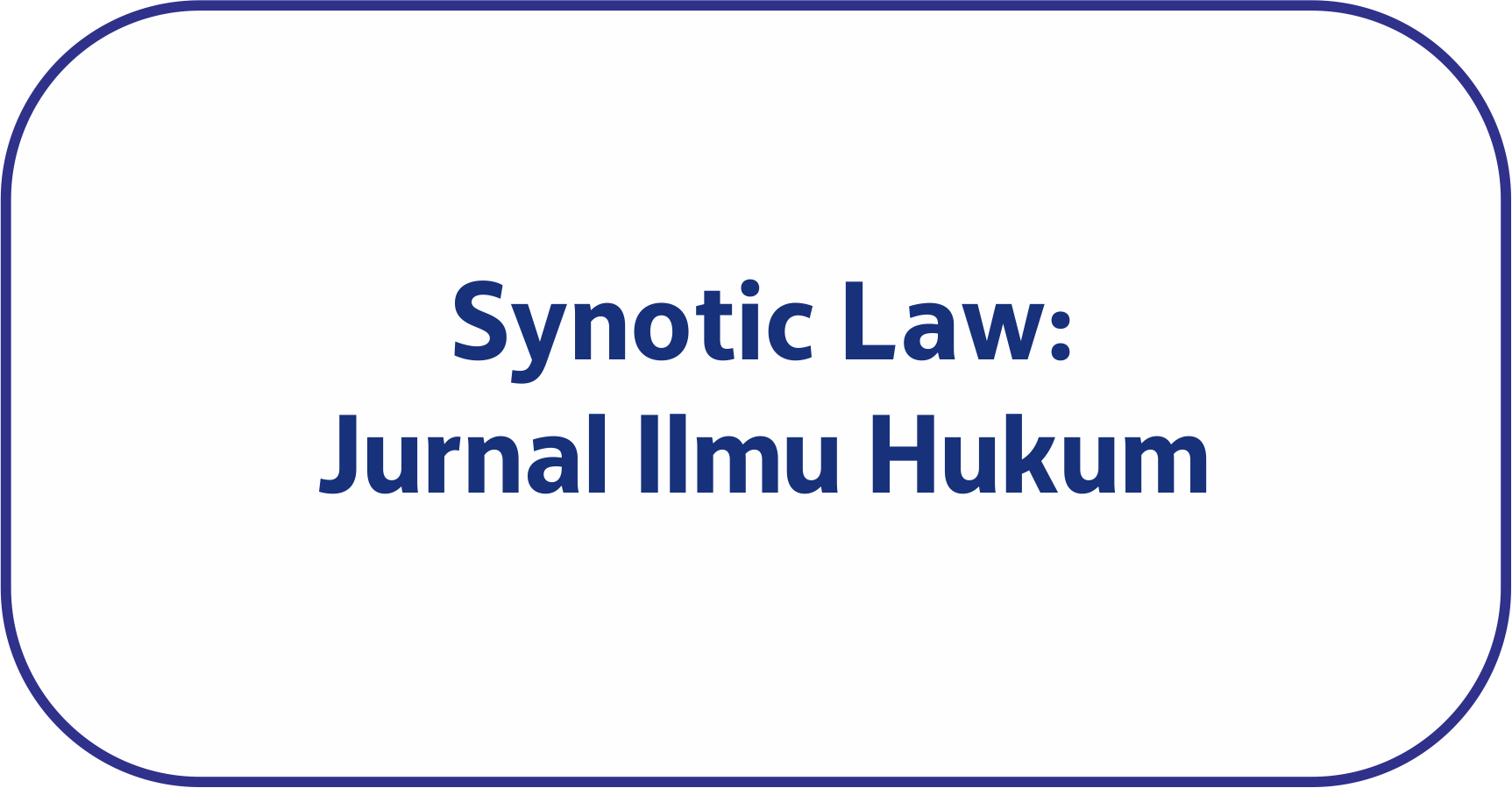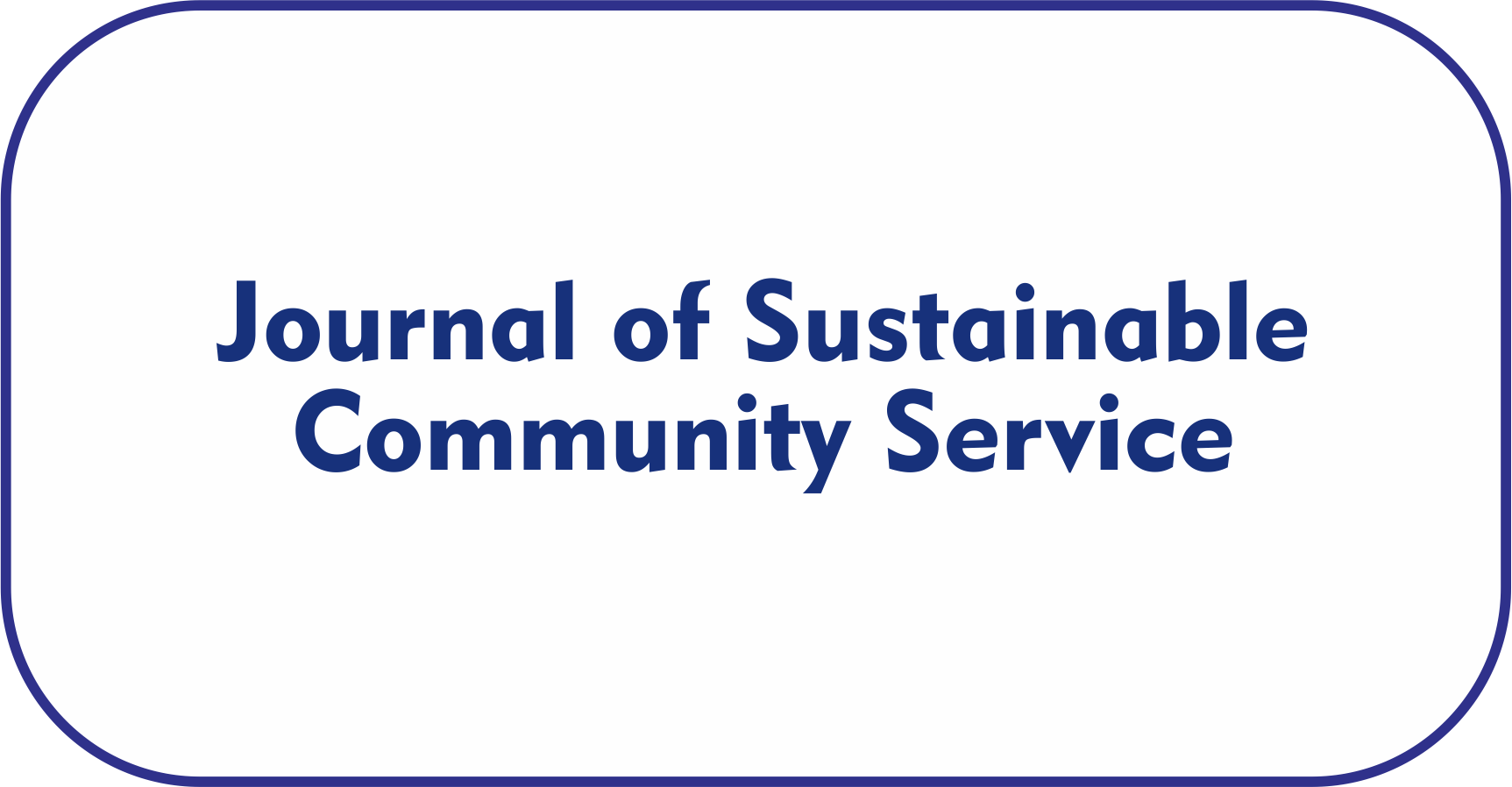Analysis of Womenpreneur Decision-Making in Choosing Formal and Informal Financing
Main Article Content
Naf'ah Sittah*
Nur Fadhillah
M. Shaiful Umam
This research aims to understand the dynamics of womenpreneur decision making in obtaining financing, especially in the gold jewelry business sector in Bungah Village, Bungah District, Gresik Regency. The background to this research is based on the fact that women entrepreneurs often face obstacles in accessing formal financing, either due to limited financial literacy, gender bias, or limited social capital. Using a qualitative approach and case study method, this research involved female business informants who had been established for at least five years and had used external financing. The research results show that financing decisions are influenced by four main factors, namely cognitive financial constraints, individual social capital, organizational factors, and contextual factors. Apart from that, Islamic values such as the prohibition of usury, the principles of justice, and the importance of blessings and economic independence also shape the way women entrepreneurs view appropriate sources of financing. This research also found that the financing obtained has a direct impact on business sustainability and operations, especially in terms of growth, stability and innovation. It is hoped that this research can become a reference for financial institutions, policy makers and academics in formulating more inclusive strategies to increase women's access to formal financing in accordance with sharia principles.
Becker-Blease, J. R., & Sohl, J. E. (2007). Do women-owned businesses have equal access to angel capital? Journal of Business Venturing, 22(4), 503–521.
Bouchouk, O., & Ayaz, M. (2024). The Relationship Between Islamic Teachings And Cultural Values In Shaping Attitudes Towards Gender Roles In Indonesia. REVIEW OF MULTIDISCIPLINARY EDUCATION, CULTURE AND PEDAGOGY, 3(3), 211–217. https://doi.org/10.55047/romeo.v3i3.1275
Hossain, S. T., Yigitcanlar, T., Nguyen, K., & Xu, Y. (2024). Local government cybersecurity landscape: A systematic review and conceptual framework. Applied Sciences, 14(13), 5501.
Manzoor, S., Manzoor, A., & Idrees, N. (2022). Women entrepreneurship: a pathway to women empowerment and economic independence. Liberal Arts and Social Sciences International Journal (LASSIJ), 6(2), 144–160.
Mueller, P. (2007). Exploiting entrepreneurial opportunities: The impact of entrepreneurship on growth. Small Business Economics, 28(4), 355–362.
O’Gorman, C., & Terjesen, S. (2006). Financing the Celtic Tigress: Venture financing and informal investment in Ireland. Venture Capital, 8(1), 69–88.
Okafor, C., & Mordi, C. (2010). Women Entrepreneurship Development in Nigeria: the Effect of Environmental Factors. Petroleum-Gas University of Ploiesti Bulletin, Economic Sciences Series.
Poderys, D. (2015). Does access to external finance affect development of small and medium enterprises and economic growth? European Journal of Business Science and Technology, 1(1), 43–53.
Ramadani, V., Hisrich, R. D., & Gërguri-Rashiti, S. (2015). Female entrepreneurs in transition economies: insights from Albania, Macedonia and Kosovo. World Review of Entrepreneurship, Management and Sustainable Development, 11(4), 391–413.
Sabana, B. M. (2014). Entrepreneur financial literacy, financial access, transaction costs and performance of micro enterprises in Nairobi City County, Kenya. University of Nairobi.
Sugiyono. (2013). Metode Penelitian Kuantitatif Kualitatif dan R&D. Alfabeta.











































